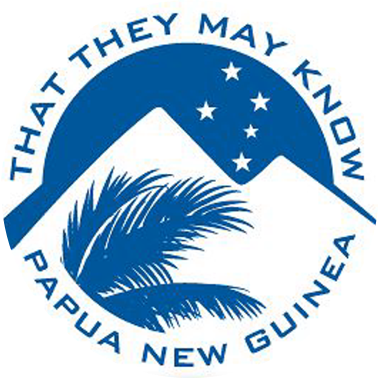


Many people have asked us about how we have handled the land portion of the airstrip. The answer to that question lies in our philosophy of ministry. We believe whole-heartedly in “indigenous church planting.” What that means is this—we endeavor to plant New Testament churches in tribal settings that will reproduce and support themselves. If it takes foreign money to start that church, then it will probably take foreign money to keep that church alive. As much as possible, we have tried to keep foreign money out of the equation. When this philosophy is adhered to, the end result is a church that grows from within. The church members have sacrificially given in order to have the church building that they are meeting in, and they take personal ownership of that building.
This philosophy has been carried over into as many areas of our ministry as possible. The Bible School is indigenous—young preachers come to school, and work during their off hours in order to pay for their food. (However, the medical outreach is not indigenous—the local people are not able to pay for the medicine they receive; medicine is simply too expensive. Yet, even in its infant stages, we are training local people to diagnose, treat, and administer medical aid to their own people. ) The churches that we have planted in Kotidanga and Suwatua are both indigenous. The people have built their own church buildings, and are supporting their own pastors—without outside funding.
In my simplest illustration, I told them that I would not be carrying it back to the USA
Back to the airstrip question: how are we handling the land? Did we buy the land for the airstrip? What about a lease? With the indigenous principle in mind, we sat down with the local people and talked about the need for an airstrip. The people saw their own need for an airstrip, and we discussed the land. From the beginning of the project, I stressed the fact that the airstrip was not the Baptist Mission’s property; it belonged to the local people. In my simplest illustration, I told them that I would not be carrying it back to the USA. They agreed that they would be the owners of the airstrip; and, since they already owned the land the airstrip would be on, no paperwork would need to be signed for a transfer of ownership. It simply stayed in their own hands.
There was a family that lived on the airstrip site. What should they do? Since they owned the airstrip, they volunteered to move off it. This was a project for the village, and they happily moved their homes. Man power would be needed to cut down trees, dig ditches, and build retaining walls. Since the local people would be owners of the airstrip, they volunteered their time to build their own airstrip.
Now, at the end of the project, three years after we started, nobody has complained about a land payment. Nobody has demanded that the missionary use foreign funds to pay them for working on the airstrip. In fact, every Tuesday, most of the people from Kotidanga and surrounding villages come to work on the day they have termed “Community Work Day.” The indigenous principle works.
